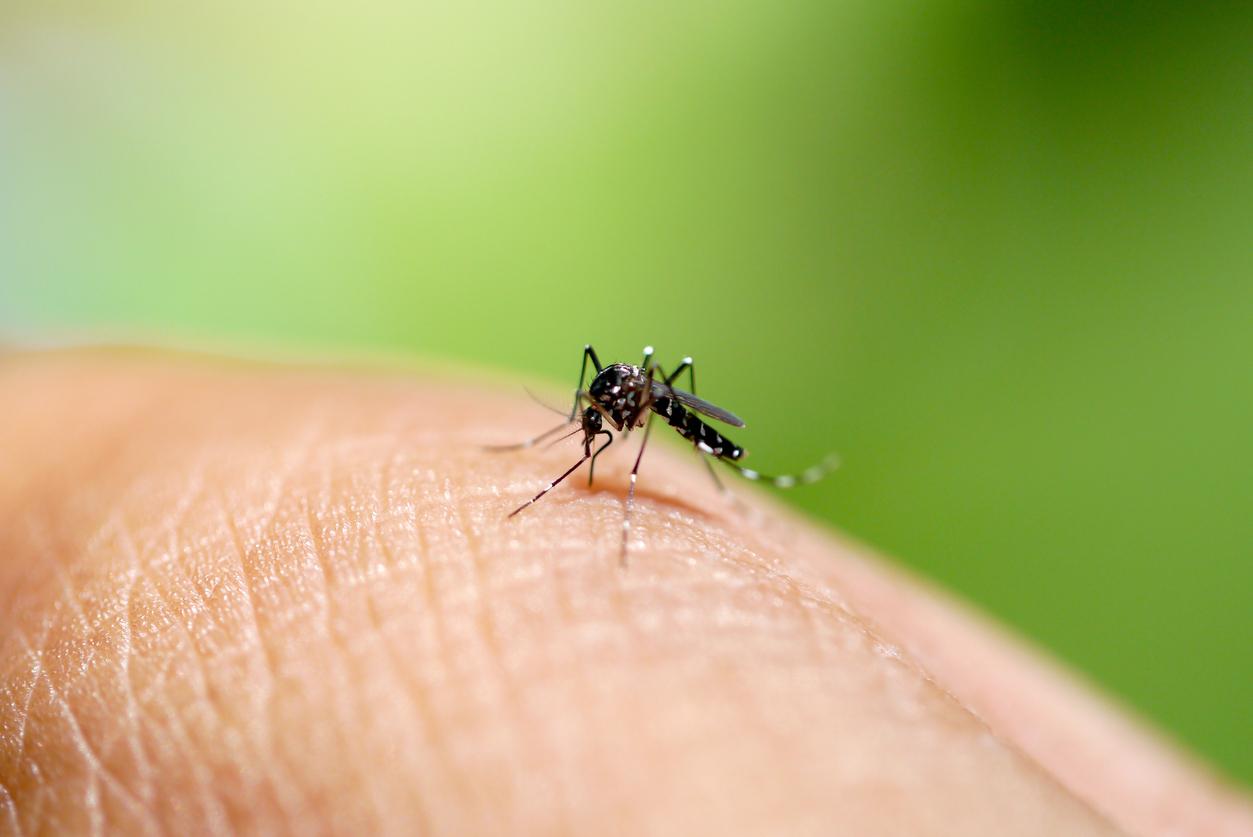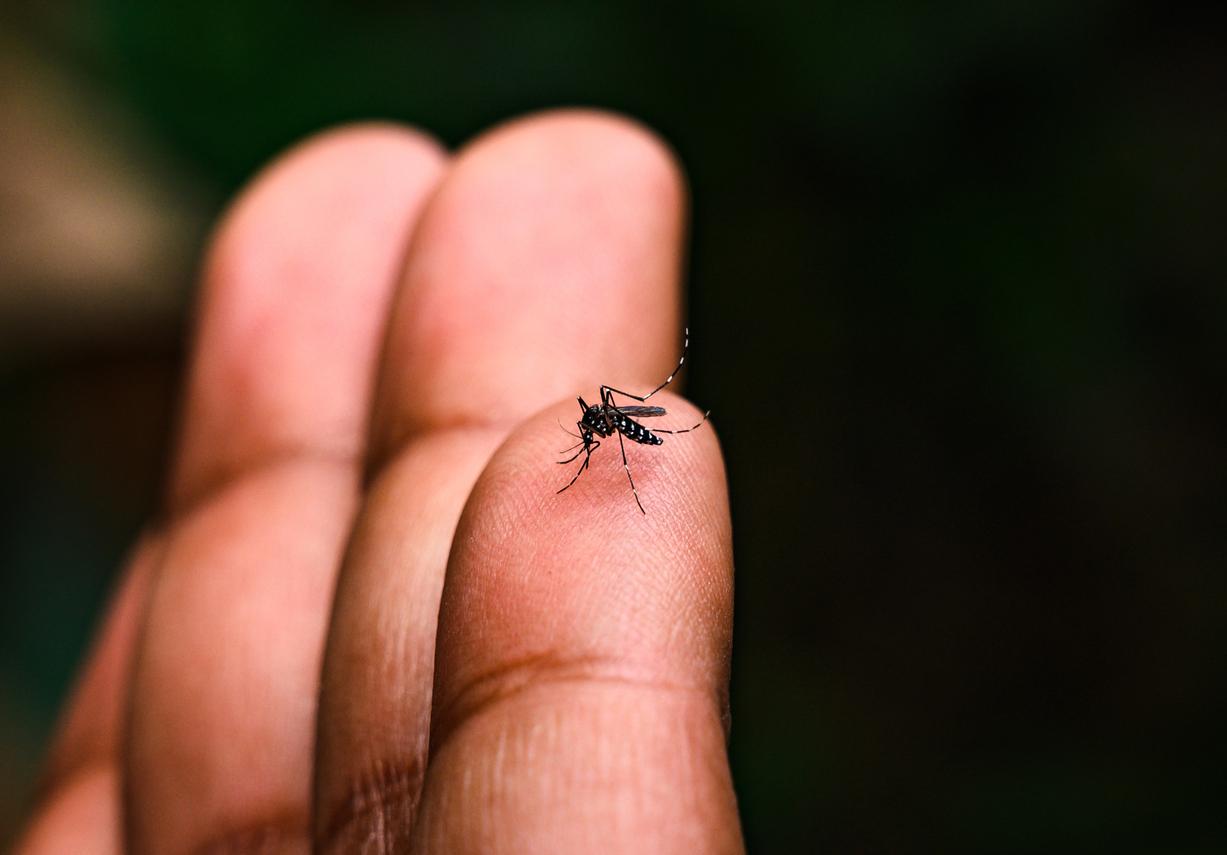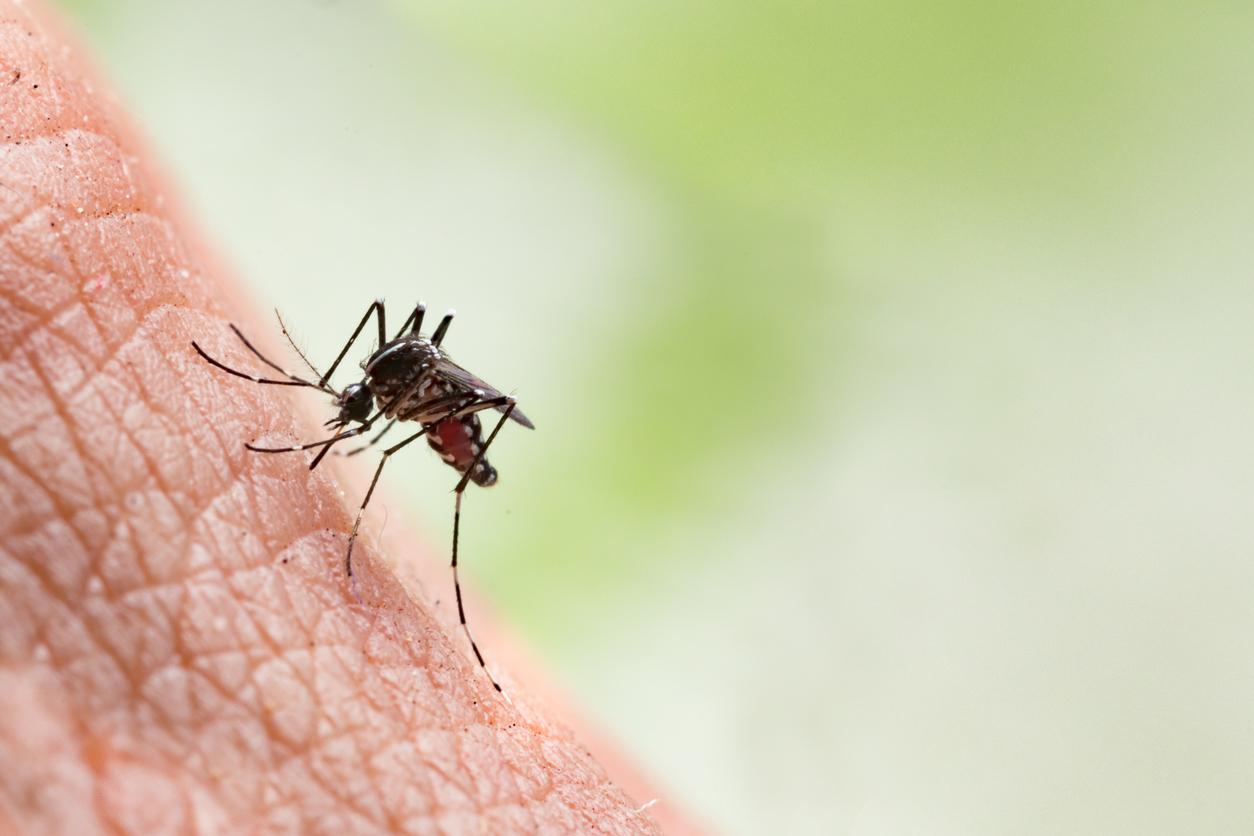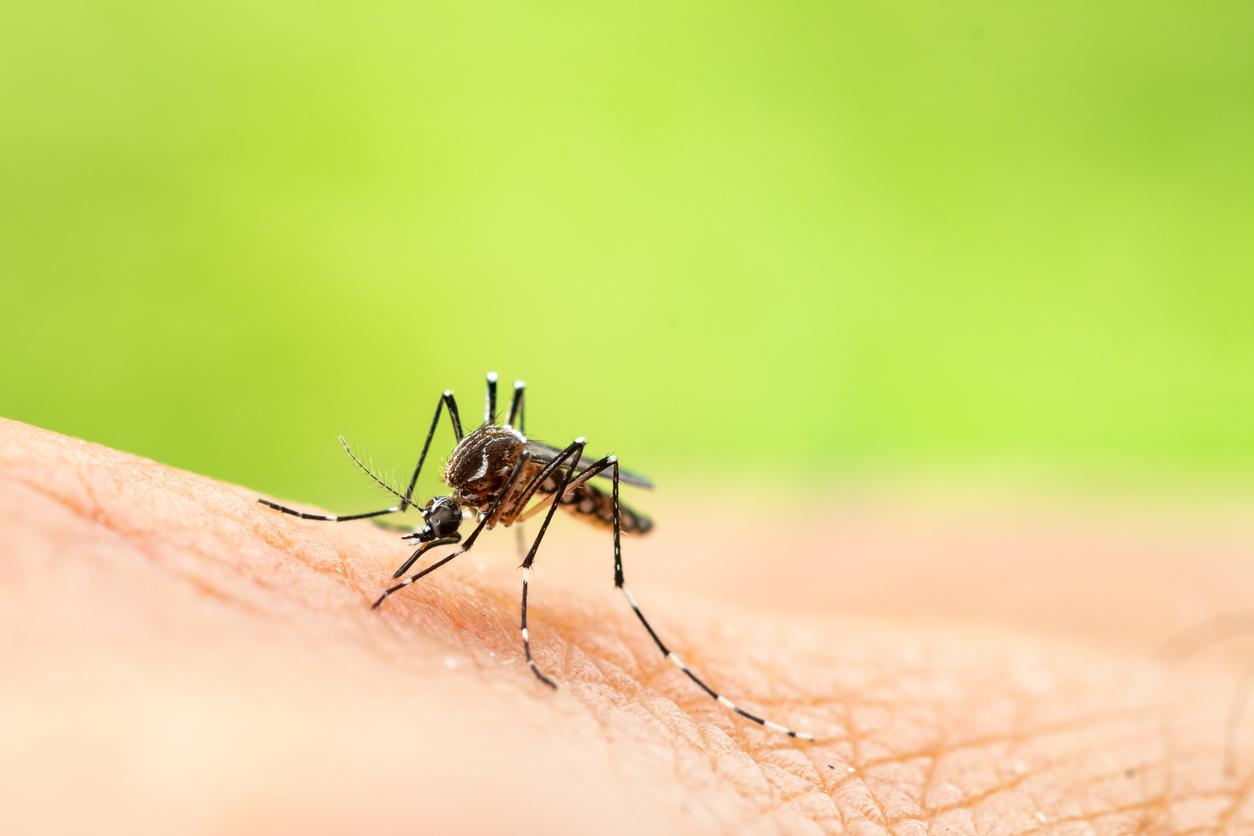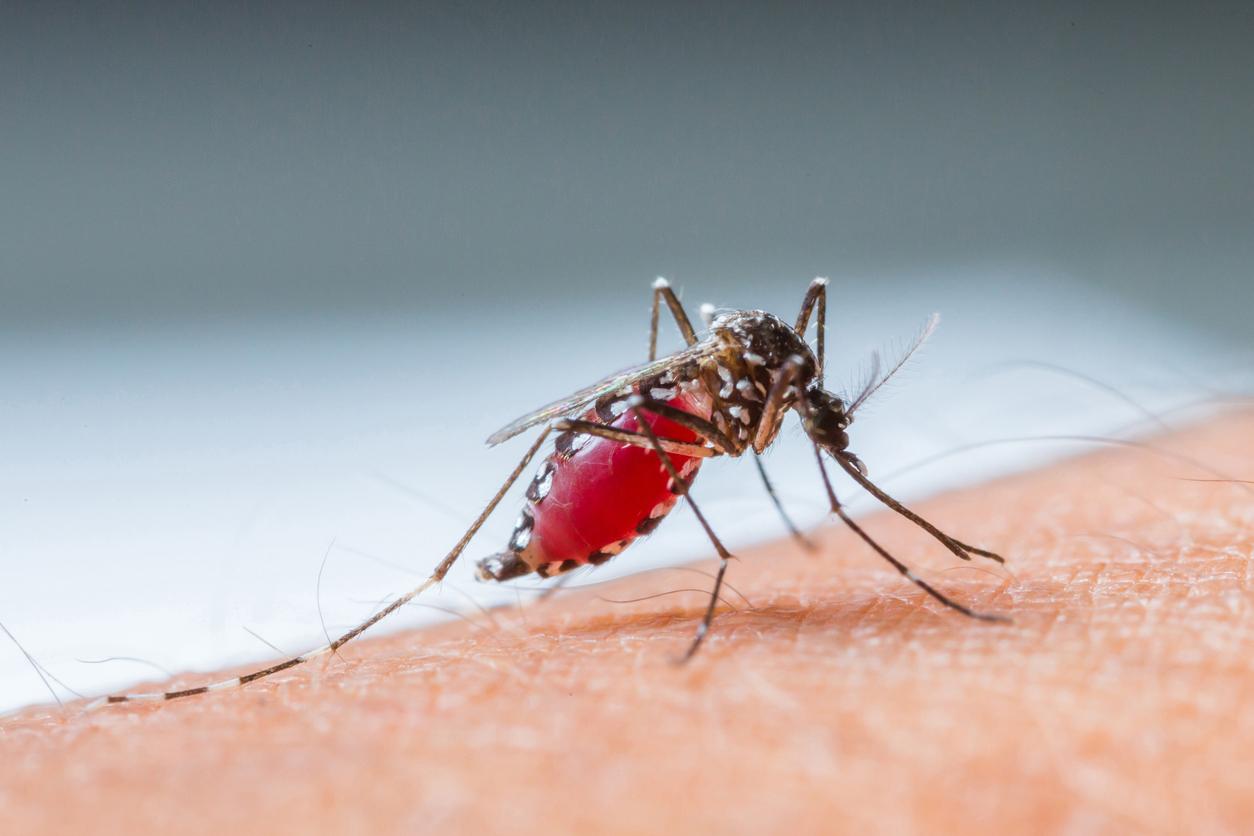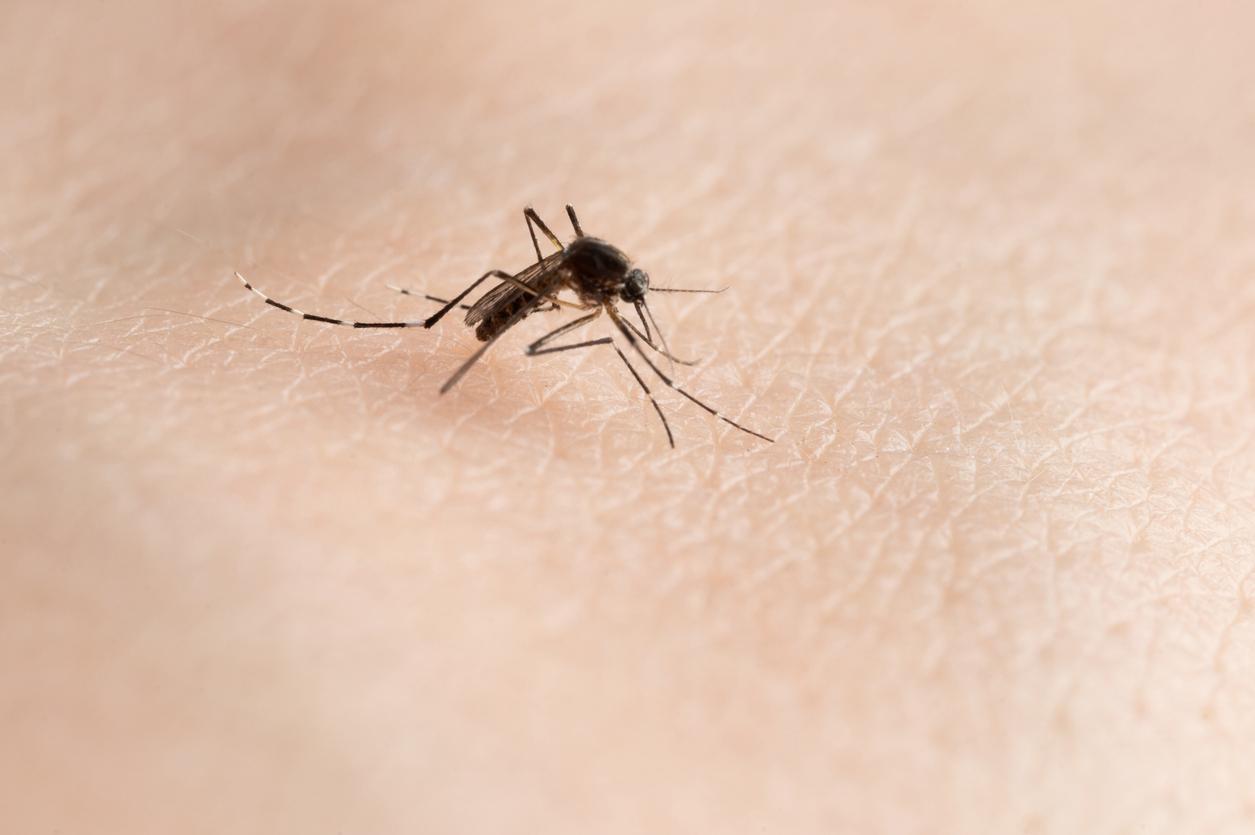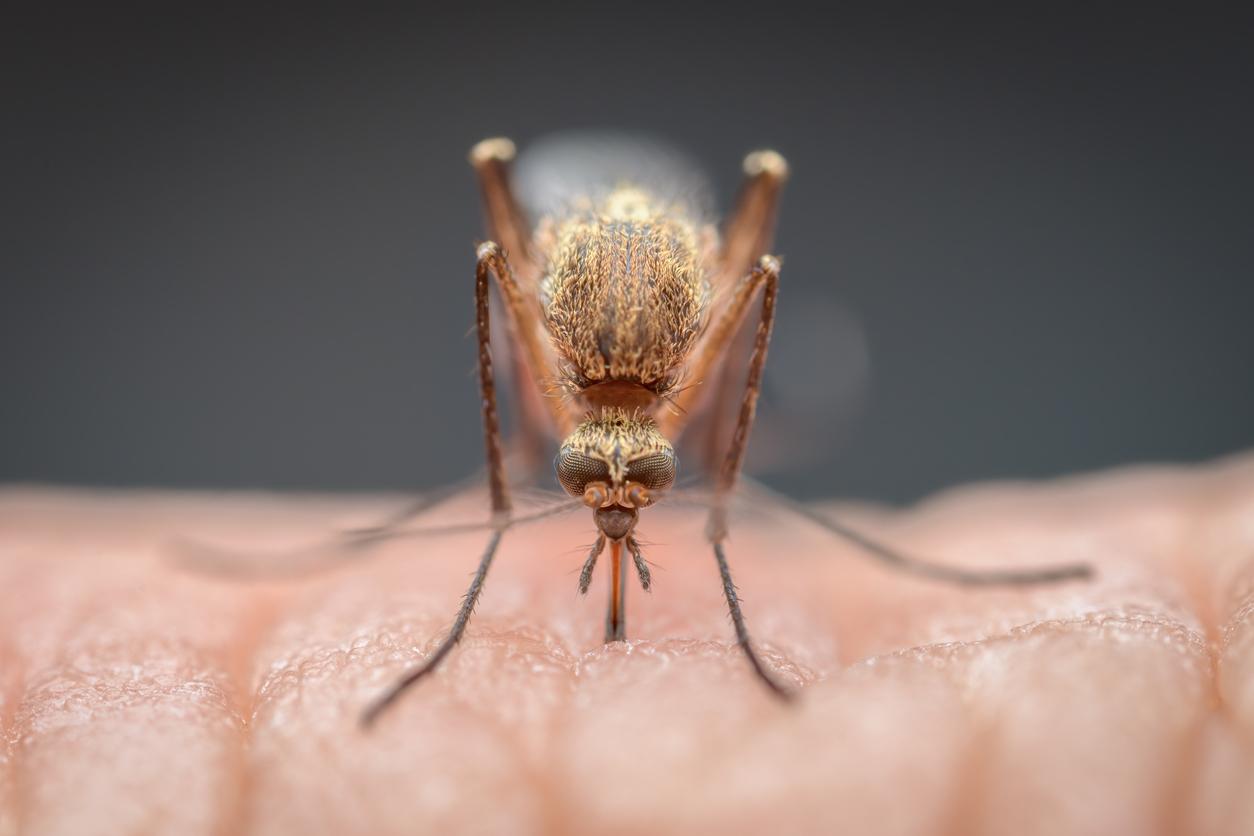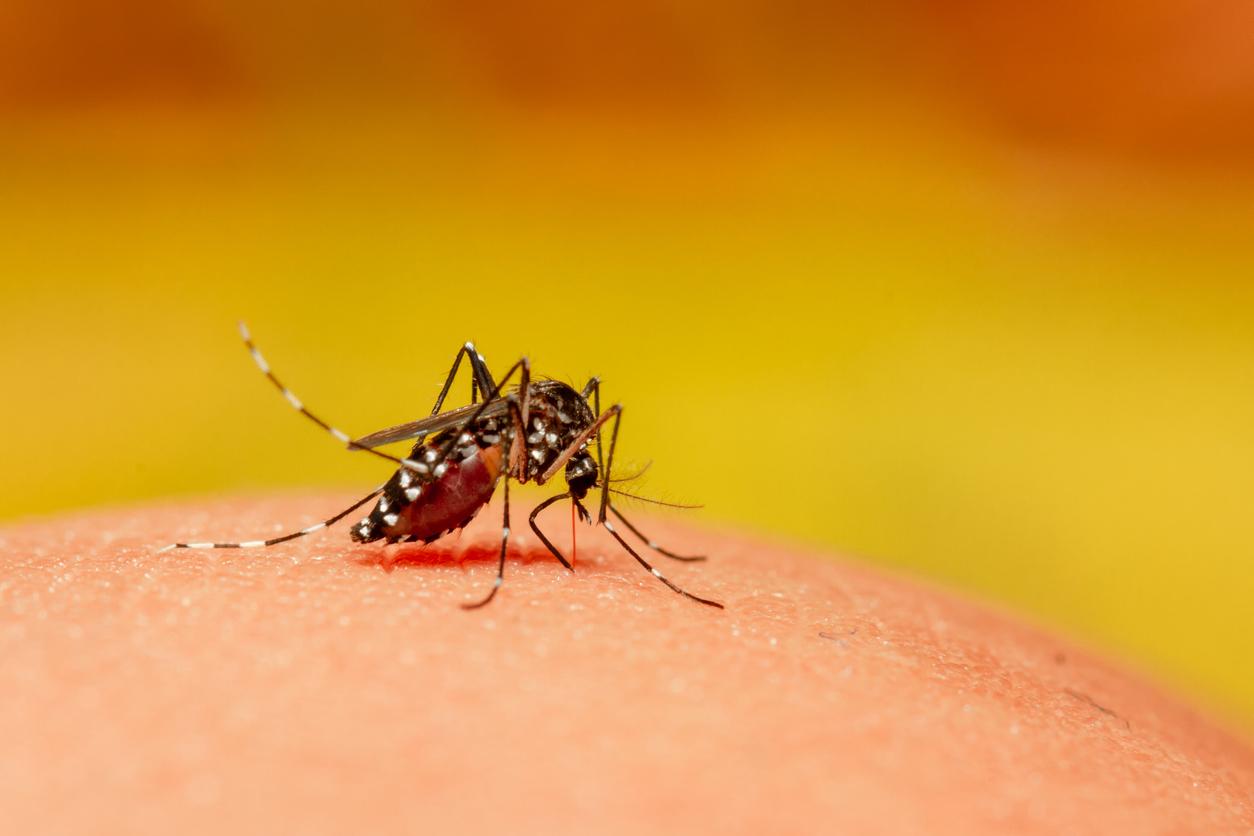The states of Florida and California are preparing to release 2 billion genetically modified mosquitoes into the wild, with the aim of reducing their population and therefore the spread of disease.

- In 2020, 3,578 species of mosquitoes divided into 111 genera are inventoried worldwide, of which only a small part bites humans.
- They are the most important vector group of pathogens transmissible to humans.
- Only female mosquitoes bite.
Despite its small size, the mosquito is currently the biggest predator for humans. Vector of potentially fatal diseases such as malaria, dengue fever, chikungunya or yellow fever, this small insect is responsible for the death of 750,000 deaths worldwide each year.
In 2021, in mainland France alone, 164 imported cases of dengue fever, 3 imported cases of chikungunya and 2 cases of native dengue fever were reported, all linked to mosquito bites.
How, then, to prevent them from doing harm? A British company called Oxitec may have found the solution: by gradually replacing existing species like Aedes Aegypti by genetically modified mosquitoes. A release of 2 billion insects is thus soon planned in regions of Florida and California.
A gradual extermination of female mosquitoes
Since 2021, Oxitec has been testing its GMO mosquitoes in certain areas of Florida. 750 million male hybrid mosquitoes called OX5034 have already been released into the wild last year. Harmless to humans, they have an extra gene that makes them dependent on an antibiotic called tetracycline. Released into the wild, they then mate with females, which will give birth to non-viable female larvae, which will die before they mature.
In a press release dating from last year, Oxitec praised the merits of its GMO mosquito, tested in the city of Indaiatuba in Brazil. In 13 weeks of treatment, the population of Aedes aegypti decreased by 95% in the area, compared to other areas not provided with genetically modified mosquitoes.
A divisive experience
Presented as a safe and less polluting alternative to insecticides, these GMO mosquitoes are however far from unanimous. In Florida, their release into the wild mobilized environmental defense associations such as Friends of the Earth, which feared birds or bats would ingest these insects, and that it would be dangerous afterwards. For its part, Oxitec assured that “the proteins of the genes introduced into the modified insects do not produce any toxins or allergens and therefore do not pose any environmental problem”.
Not enough to convince researchers at Yale University who, in 2019, questioned in a study the use of genetically modified mosquitoes in Brazil, where several strains of these GMO insects were used. “This could lead to a more robust population”, then affirmed the press release of the university. For the time being, the long-term health consequences of GMO mosquitoes are not known. The mosquito population is no longer decreasing: the introduction of genetically modified insects initially led to a drop in the total insect population. But
4% of the mosquito progeny survived and the adult mosquitoes continued to breed, creating hybrid insects.
.







